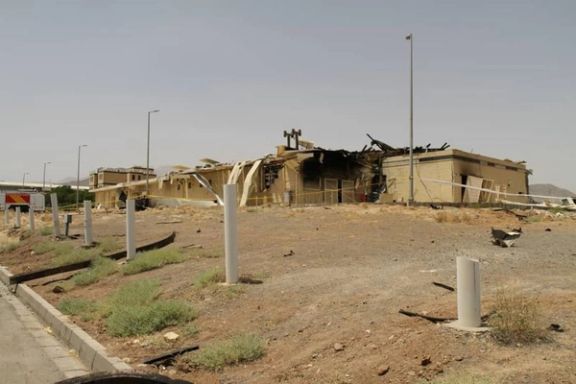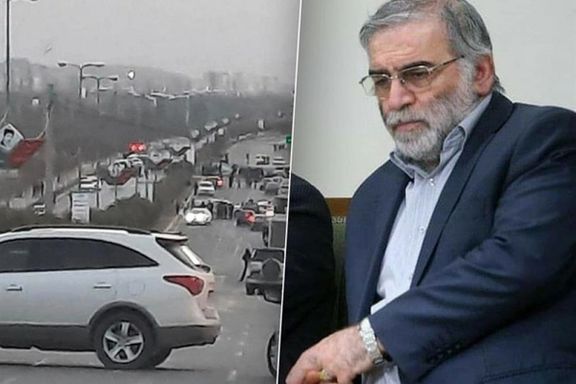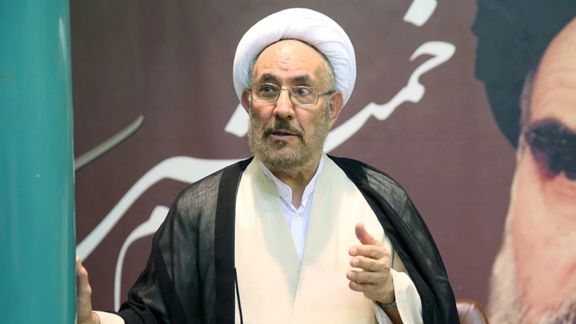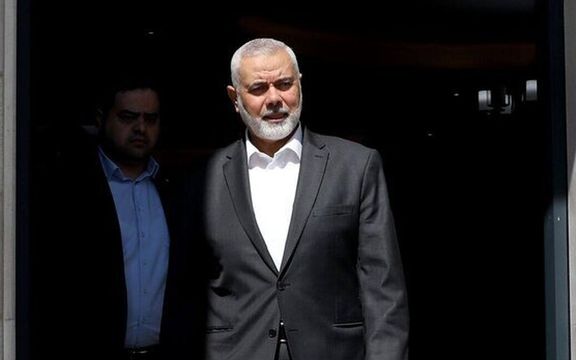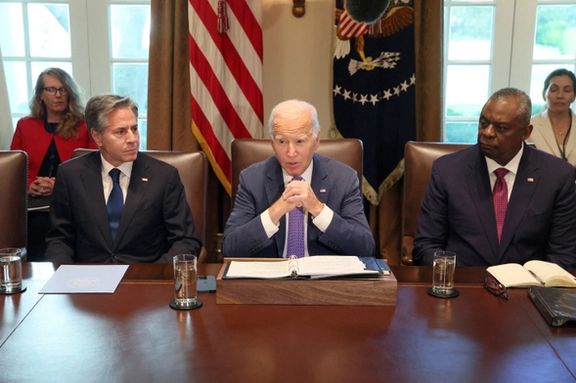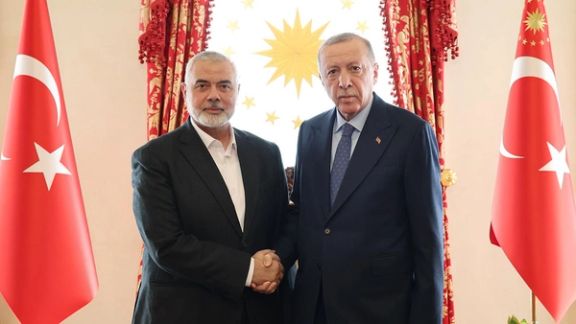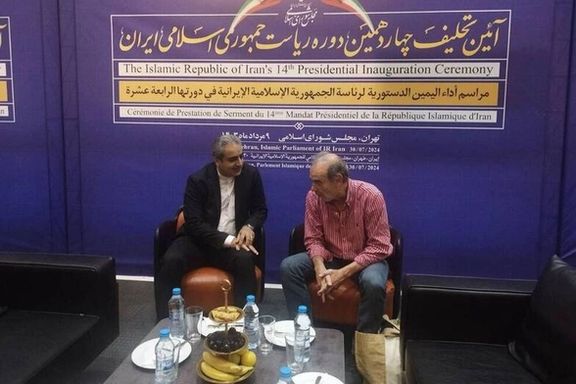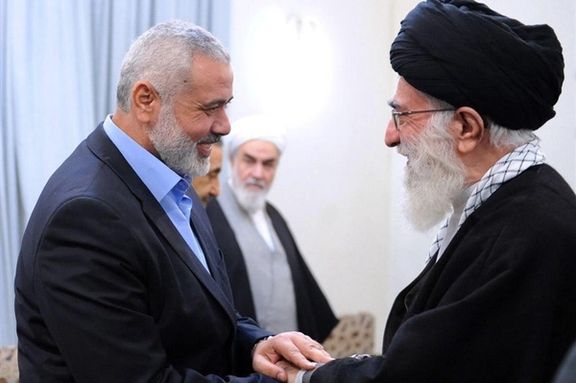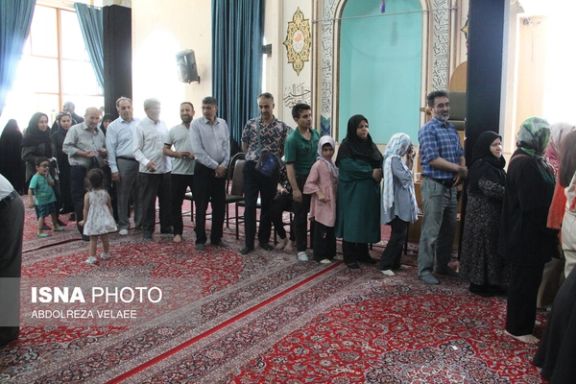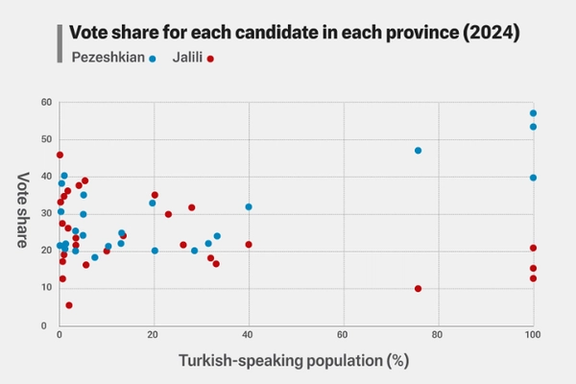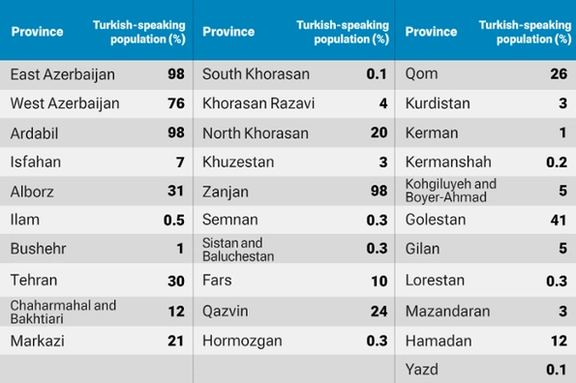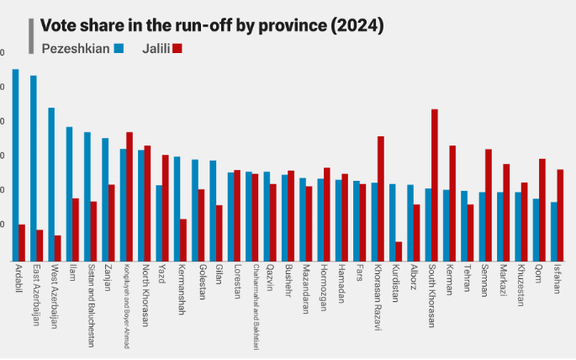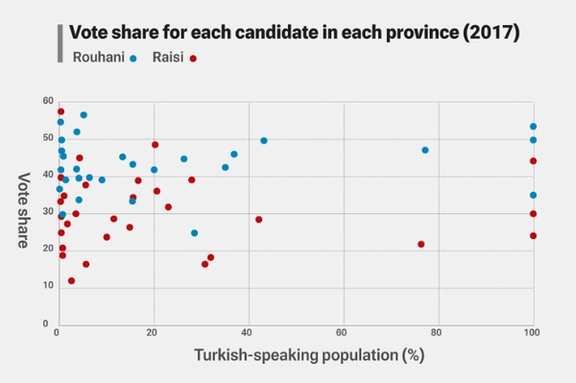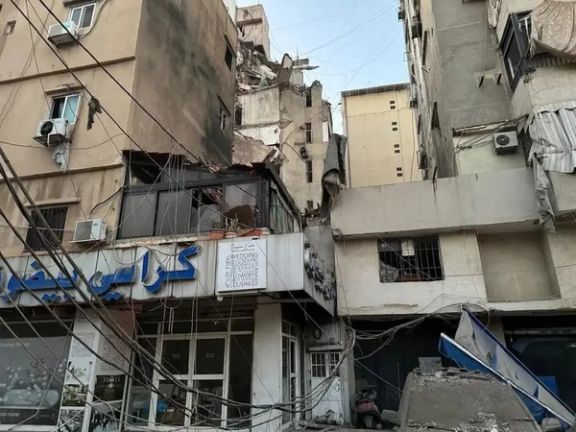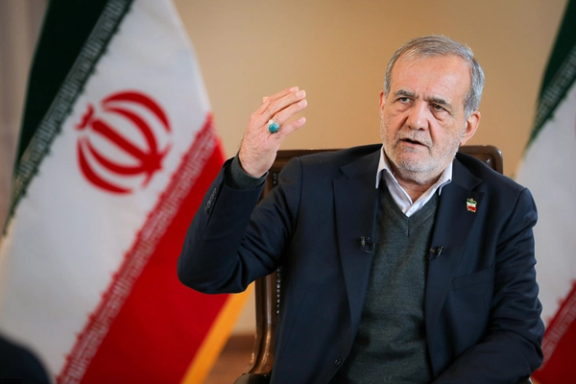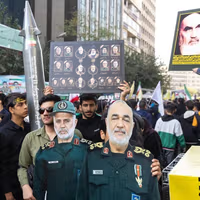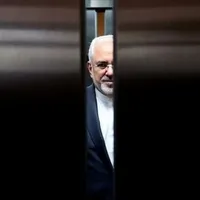In a letter to Josep Borrell, the EU's foreign affairs chief, Polish MEP Adam Bielan from the European Conservatives and Reformists group, lambasted the decision as "not appropriate."
He argued that the EU's presence at the event would inadvertently "legitimize the Iranian regime", currently sanctioned for human rights abuses, its nuclear program and support of Russia's war on Ukraine.
"This decision is not only misguided but stands in direct contradiction to the values and principles that the European Union purports to uphold," Bielan stated.
He further condemned Iran’s ongoing support for terrorist activities, which poses a "direct threat to global security", including Iran's Houthi militia's blockade of commercial shipping in the Red Sea region. Last year, the US declared Iran the world's number one state sponsor of terror.
The letter, signed by several MEPs, also stressed that Iran's involvement in regional conflicts and its record on human rights are fundamentally at odds with the EU's commitment to promoting democracy and human rights globally.
"Engaging diplomatically with such a regime at this juncture is highly inappropriate and dangerous. It undermines the integrity of our foreign policy and sends a message of tacit approval to a government that flagrantly violates human rights and international norms," Bielan added.
While Josep Borrell said he would not personally attend the ceremony, citing the lowest point in EU-Iran relations, his deputy, Enrique Mora, would represent the EU. He was alongside officials from countries including the United Arab Emirates and China.
Mora, who serves as the deputy secretary-general of the European External Action Service (EEAS), was tasked with representing the EU at what officials have insisted is merely a "diplomatic level," not a political endorsement.
However, this distinction has done little to quell the anger. Dutch MEP Bart Groothuis of the Liberal Renew group called the EU's participation "unacceptable."
German Green MEP Hannah Neumann expressed frustration on social media, referencing Josep Borrell's impending departure as EU foreign affairs chief and suggesting a shift in policy under incoming Estonian Prime Minister Kaja Kallas, known for her tougher stance on Iran.
The ceremony was largely boycotted by global powers. Among the most senior to attend was UAE Foreign Minister Abdullah bin Zayed, Tajikistan’s President Emomali Rahmon, and Armenian Prime Minister Nikol Pashinyan.
Most of the ceremony's other foreign guests represented neighboring countries and a few allies from Africa and Latin America. Even Iran's largest consumer of oil and geopolitical ally China, sent a low level delegation.
Iran has continued to garner criticism as a wave of executions last year saw the government order more than 850 in a record high. Additionally, rights activists cite the ongoing imprisonment of dissidents and oppression of minorities as contrary to EU principles.
The European Union also announced on Tuesday that despite removing some names and Iranian institutions, it will maintain the bulk of its targeted sanctions and anti-terrorism measures against entities, organizations, and individuals affiliated with the Islamic Republic.
In the latest update, the name of Brigadier General Mohammad Naderi has been removed from the list.
Ali Mohammad Naderi, head of the Aerospace Industries Organization (AIO) under the Ministry of Defense, was identified by the European Union in the summer of 2007 as an individual connected to sensitive nuclear activities and the proliferation of nuclear weapons in Iran and was placed on the EU sanctions list.
Anis Naccache, a Lebanese national who was implicated in the failed assassination attempt on Shapour Bakhtiar, the last Prime Minister of Iran under the rule of Mohammad Reza Pahlavi, has also been removed from this list. He passed away due to COVID-19 in Syria in the winter of 2021. Naccache was also involved in the attack on the OPEC headquarters and the hostage-taking of OPEC oil ministers in 1975.
The companies Marou Sanat, Samen Industries, Surena, and Faryand Technique have also been removed from the European sanctions list.
Marou Sanat was first placed on the sanctions lists of the US Treasury Department and the European Union in the winter of 2014 for attempting to procure equipment for the Arak heavy water production plant and the IR-40 heavy water reactor, including zirconium silicate.
Samen Industries, a metallurgy company, has been under US, UN, and EU sanctions since 2011.
Faryand Electric was placed on the EU sanctions list in the summer of 2007 in connection with Iran's nuclear activities and the proliferation of nuclear weapons.
Surena, another company removed from the sanctions list, has been on the European sanctions list since the winter of 2011. Surena is a nuclear contractor involved in the construction of nuclear facilities and is active in the Darkhovin Nuclear Power Plant, south of Iran.
On July 15, the European Union extended the sanctions imposed on the Islamic Republic for military support to Russia in the Ukraine war and the Houthi militants in Yemen for another year. The sanctions target nine entities and 12 officials of the Islamic Republic.
On May 31, the EU also imposed new sanctions against several Iranian officials, including Mohammad Reza Ashtiani, the Minister of Defense, Esmail Qaani, the commander of the Quds Force of the Islamic Revolutionary Guard Corps, and Afshin Khajehfard, the Deputy Minister of Defense.
